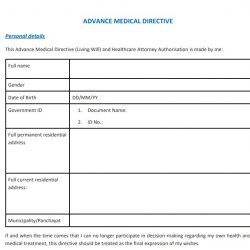The Avastin Debate
 One of the fundamental ethical principles of medical practice is “Justice” – the fair allocation of available resources. So, should the National Health Service of UK offer Avastin, a drug that can possibly prolong survival in cancer?
One of the fundamental ethical principles of medical practice is “Justice” – the fair allocation of available resources. So, should the National Health Service of UK offer Avastin, a drug that can possibly prolong survival in cancer?
When the National Institute for Clinical Excellence (NICE) announced that it would not approve funding for Avastin, it set off a predictable firestorm of protests from concerned groups.
The Guardian points out that a rational discussion should take into consideration a recent report in the New England Journal of Medicine which showed that early access to palliative care improved survival by as much as three months in people with lung cancer.
It also showed that access to early palliative care increases the likelihood of people getting precisely what they want out of their final months and reduces suffering, depression and burden on their family at the same time enabling them to live longer.
Interesting, is it not, that despite this evidence, there are people to fight for Avastin, but not for the much less expensive option of early access to palliative care!





Prolonged, futile treatment using expensive drugs is a profitable proposition for the BIG PLAYERS like politicians, pharmaceutical companies and corporate hospitals. Health services are no longer about “service” but motivated by big bucks; it is an industry and industries are not run to render charity or doles but to make profits and BIG PROFITS at that.
There is no “margin” in the cheaper medicines that palliative care and treatment use/ prescribe. No scope for commissions and kick-backs.
When “healers” become “dealers”, the patient becomes a mine to be exploited and exhausted of every last pie.
Principles of triage which should be the deciding factor while dispensing limited resources are discarded because it results in fair and even distribution of services and resources and do not help the few to monopolise and grab the entire pie for themselves.
It’s all about money, honey!